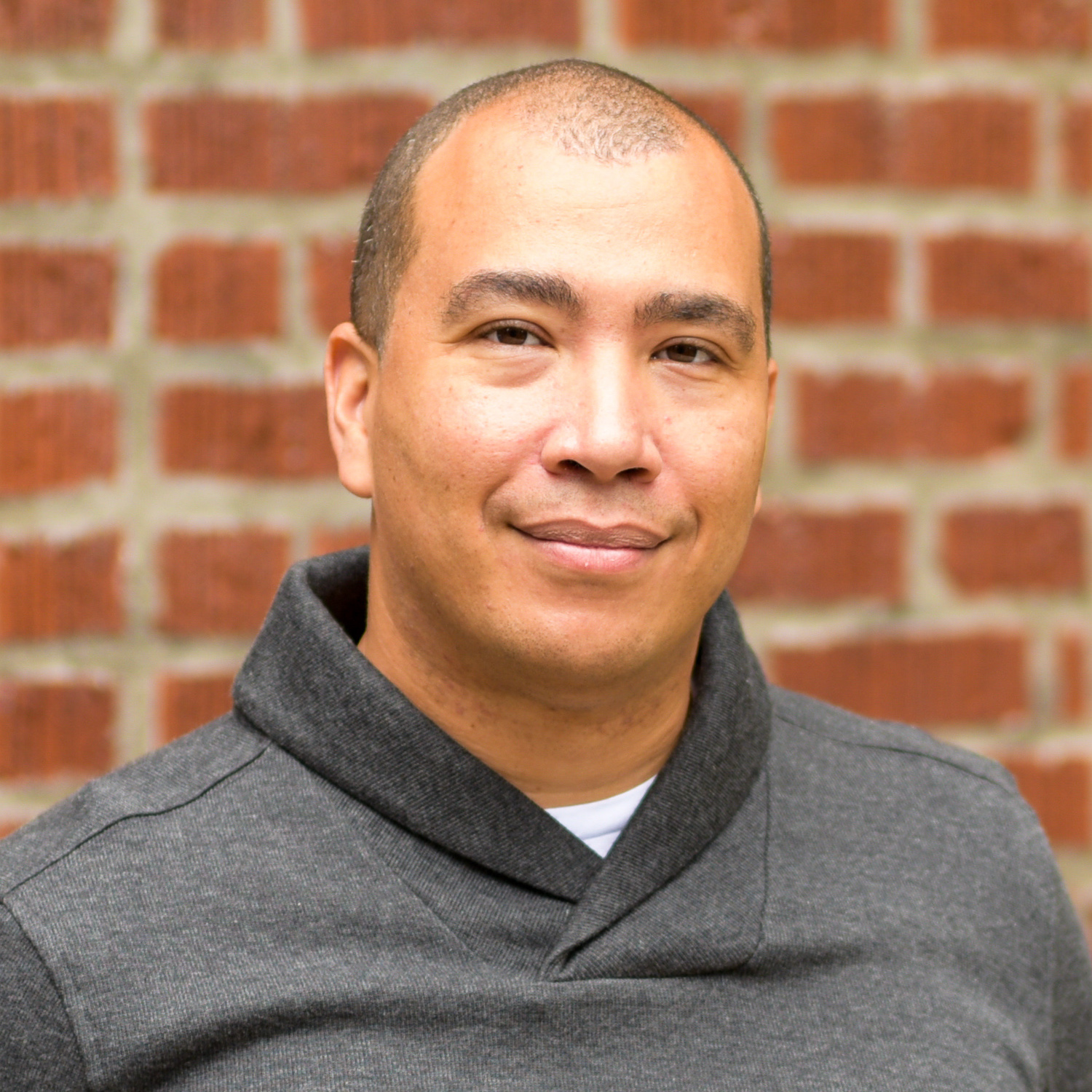Cowards die many times before their deaths.
The valiant never taste of death but once. – Shakespeare (from Julius Ceasar)
We choose to be mediocre because it mitigates the downsides of failing and succeeding.
Let’s start with failing first. No one consciously wants to fail — and doing everything we can to prevent failing takes up an inordinate amount of our psychic RAM. Of course, making a plan that assumes you’ll succeed is a lot different from covering your bases so that you don’t fail.
But what’s harder to see sometimes are the ways in which people are afraid to succeed. Succeeding can mean that they’re giving up something important to them (selling out, being shunned by those they care about, being the tall poppy that gets cut, not being everything to everybody), that they’ve done something to compromise themselves (cheated, bullied, manipulated, or used someone else), or that people will expect them to do it again or maintain it.
When we have to choose between failing (and losing) and succeeding (and losing), choosing mediocrity becomes the safe option. Mediocrity allows us to avoid letting ourselves or others down because we didn’t fail, while not having to deal with the assumed consequences of succeeding, as well.
Few people get called out, shamed, shunned, or criticized for being mediocre – after all, they’re not attracting much attention to themselves. It’s the people failing or succeeding who get all the attention, good and bad.
When success and failure become nothing more than feedback from the world, we can create new stories about what it means to succeed or fail. As long as we present this no-win scenario to ourselves, it’ll be easy to rationalize and settle for mediocrity in ourselves and those around us. It takes courage to accept that things might not work or that how they work might completely change your life, but that same courage makes it impossible for mediocrity to feel safe anymore.
The courageous may flame out or implode every once in a while, but it’s better than living a tepid life because you never stoked the spark within.
Where are you choosing mediocrity because of what success might bring? Might there be a way to succeed without the assumed trade-off?
Originally published at productiveflourishing.com


